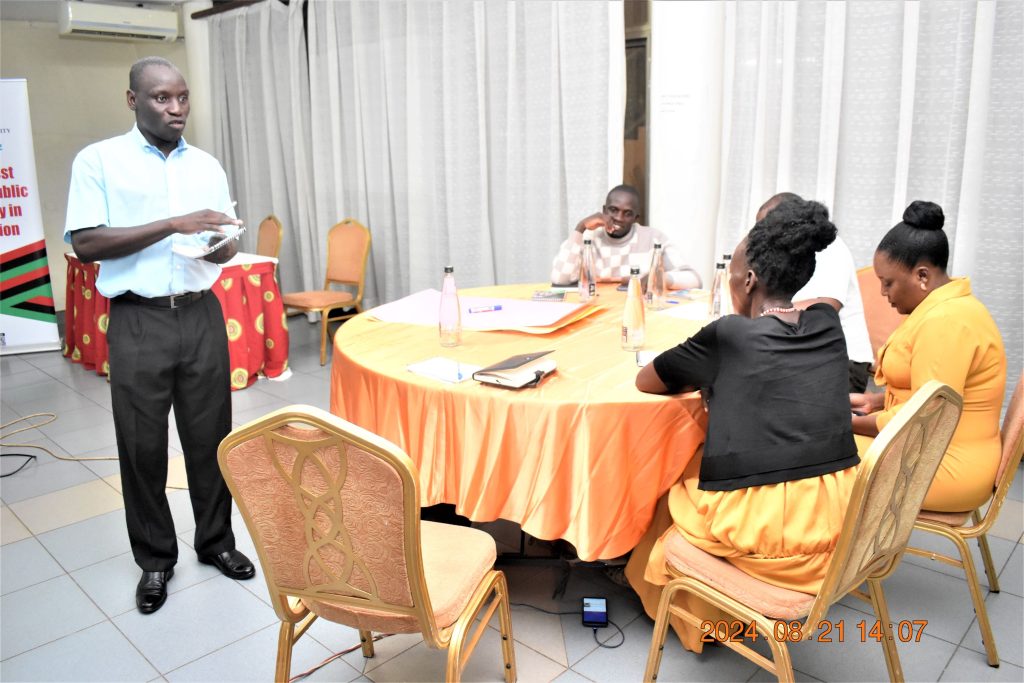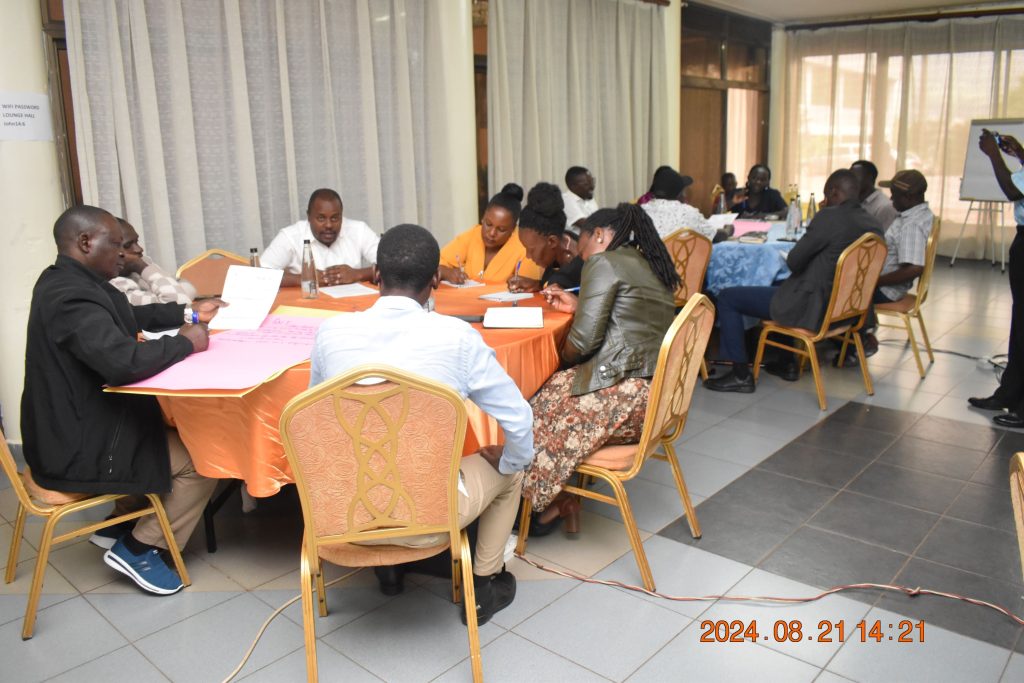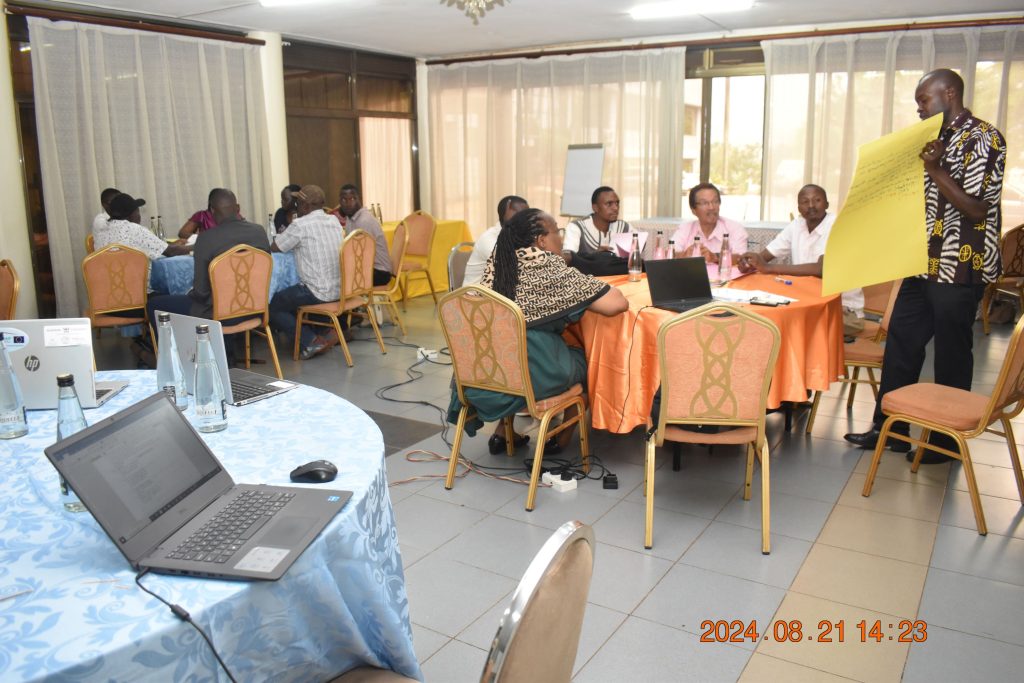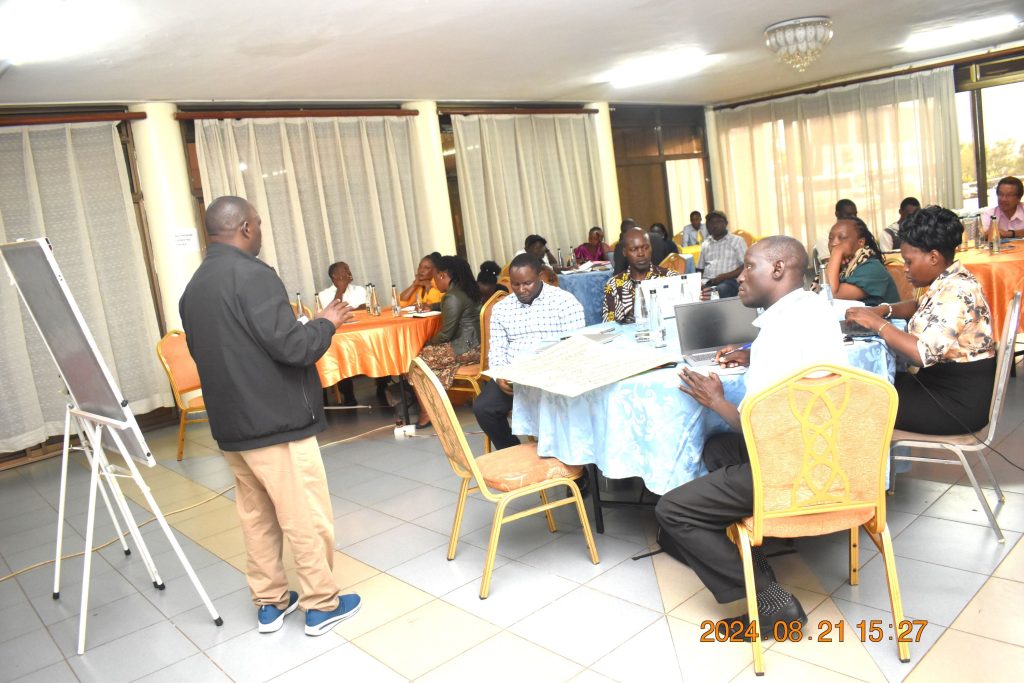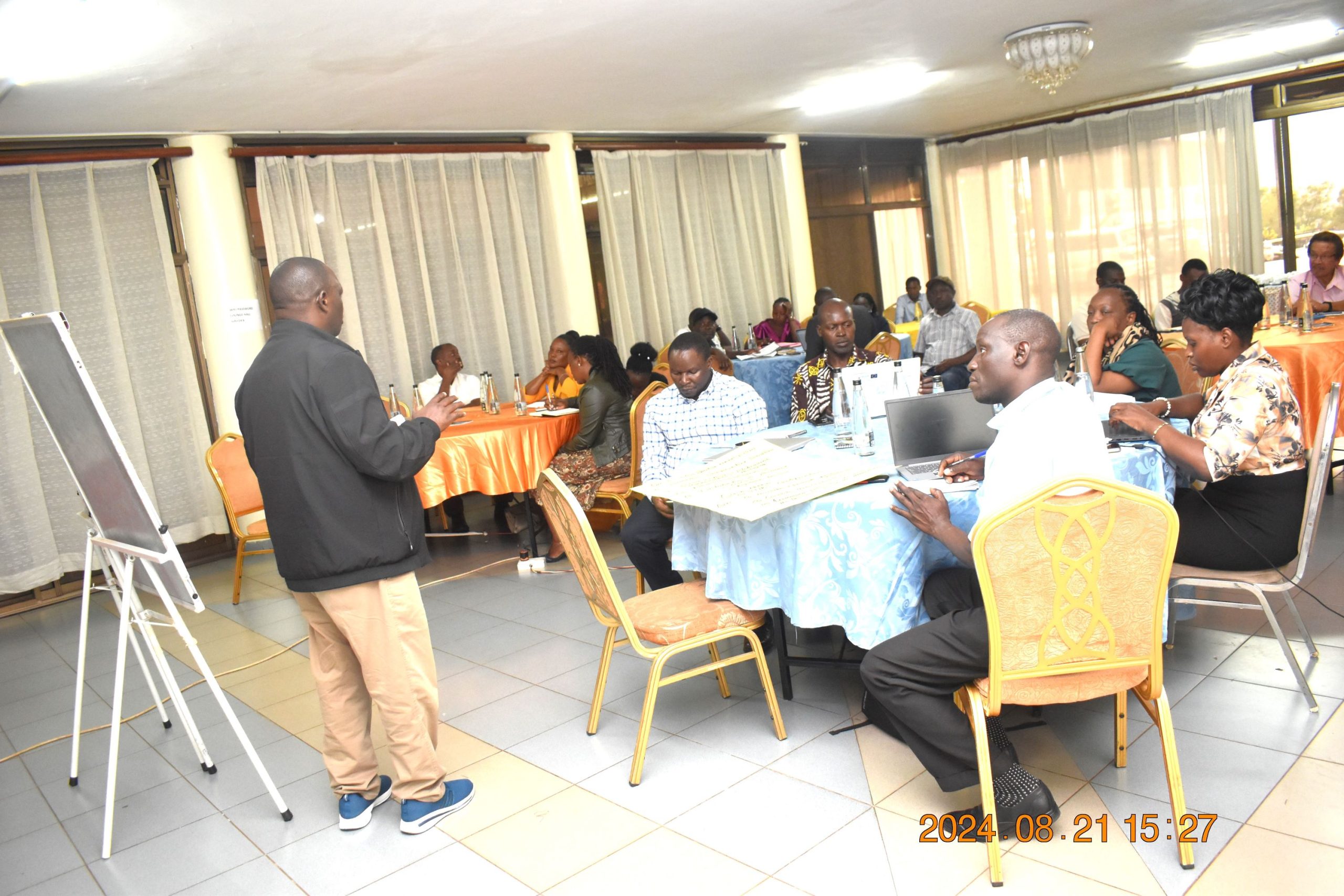*****The high cost of fish feeds in the country limits returns for fish farmers. Poultry by-products offer a cheaper yet nutrient-rich source of fish feeds.
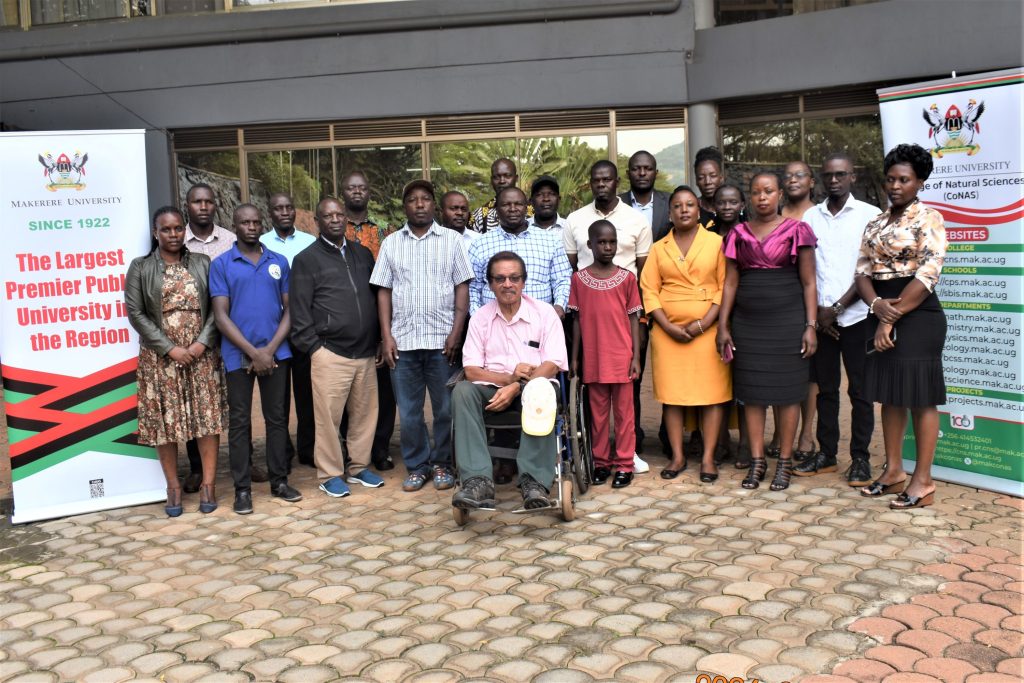
Overview
Aquaculture has been prioritized by the Government of Uganda as a vital sector, aiming to improve livelihoods, provide jobs, and improve food security and nutrition for its people as stipulated in the National Development Plan (NDP) III. Fish feeds are a fundamental resource for growing the sector. Yet the high costs of standard feeds limit returns for fish farmers, as they represent 40–70 percent of total production costs for small-scale aquaculturists (Enyidi et al. 2017; Singh et al. 2018). In order to meet the 1,000,000 tons annual production target from aquaculture, Uganda will need at least 1,500,000 tons of good quality fish feed up from the current 75,000 tons produced locally and 150,000 tons imported (FAO). Poultry by-products present a cheaper alternative for fish feed formulation. Through a project titled: Towards up-scaling the use of poultry by-products in the formulation of commercial fish feeds in Uganda (TUPPCO), Makerere University researchers led by Dr Godfrey Kawooya Kubiriza, Head, Department of Zoology, Entomology, and Fisheries Sciences, target to optimize the use of local technology to process poultry by-products including offal, discarded cocks, and unhatched eggs into nutrient-rich protein supplements. Funded by the Carnegie Corporation of New York through the Directorate of Research and Graduate Training at Makerere University under the Consolidating Early Career Academics Programme (CECAP), and implemented in Mukono District, the project aims to address the high cost of imported feeds, which poses significant logistical challenges. According to the researchers, only 20% of fish feeds are locally manufactured and are of low quality.
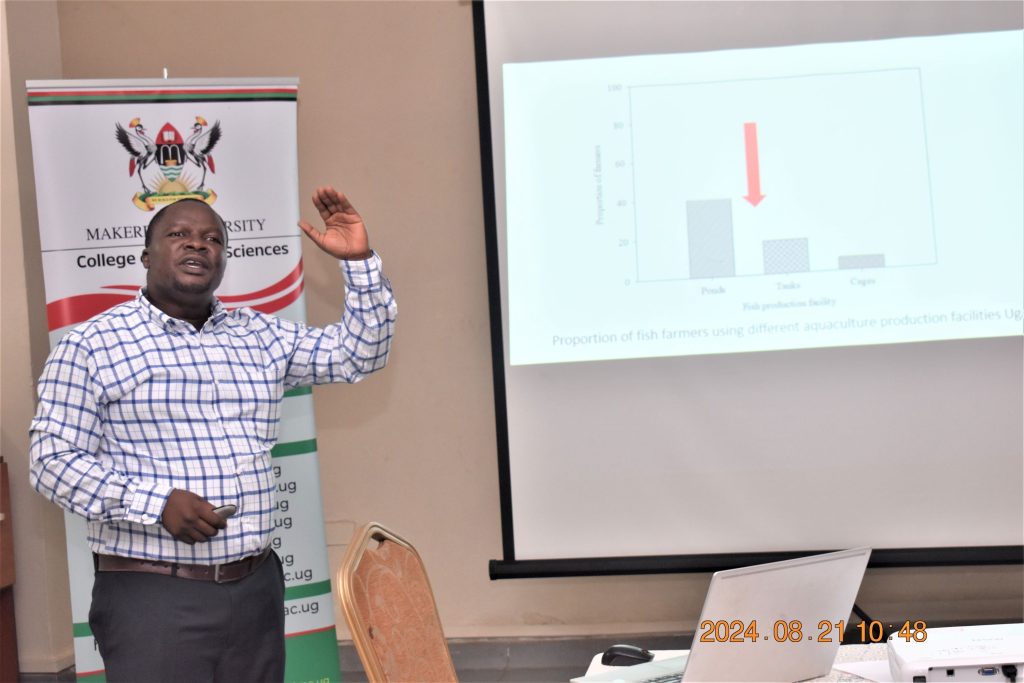
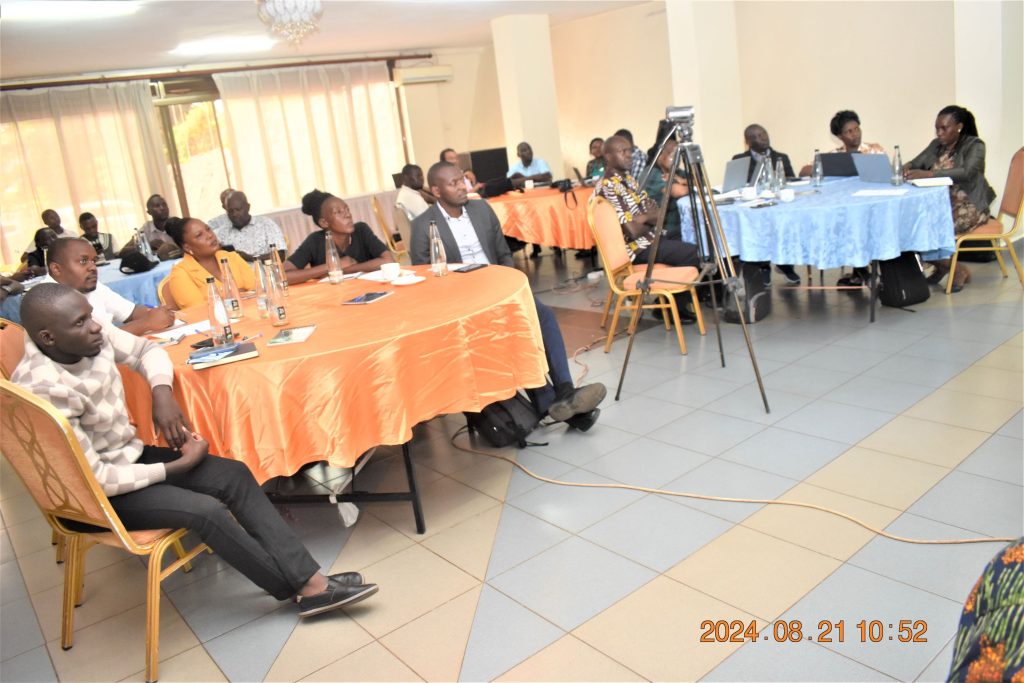
Research dissemination to stakeholders
At the project research dissemination workshop held on 21st August 2024 at Colline Hotel Mukono and attended by stakeholders in the fisheries sector in Mukono District, the PI, Dr Kubiriza highlighted several benefits in the use of poultry by-products in the formulation fish feeds including reduction in production costs, creation of new economic opportunities, promotion of sustainability, and protection of the environment. Despite the benefits, the PI pointed out several limitations to the use of poultry by-products in Uganda including lack of Infrastructure like processing facilities to handle and convert poultry by-products into useful products, and inadequate storage and transportation infrastructure to manage perishable by-products. “Production is also undermined by a number of economic, technical, market, and logistical constraints as well as cultural barriers. These include; the high initial investment costs for setting up processing plants, limited access to credit and financial services for small-scale poultry farmers and processors, lack of technical expertise in processing and utilizing poultry by-products, insufficient research to improve processing technologies and product development, regulatory and quality control issues, competition from imported products which may be perceived to be of higher quality or more reliable, and cultural preferences and dietary habits,” he noted, calling for investment in technologies to support the process.
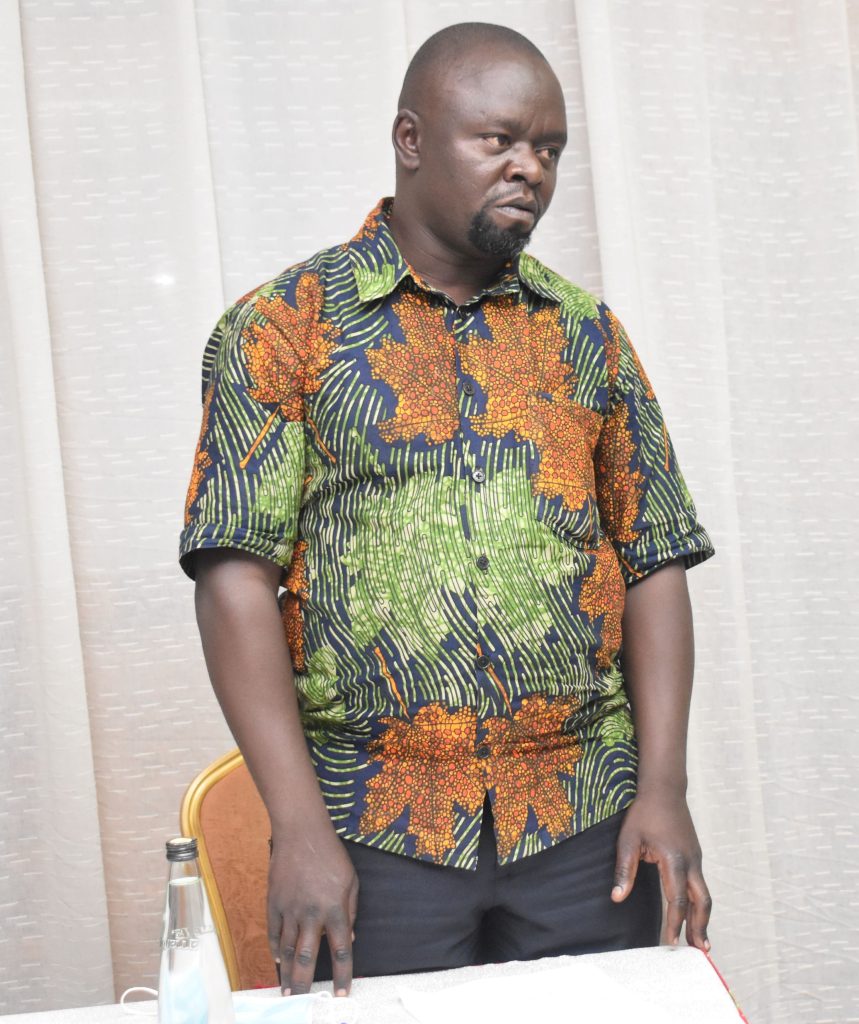
During the workshop, Ms. Josephine Namanda, a PhD candidate supported by the project and supervised by Dr Kubiriza, and Dr Robison Odong, also from the Department of Zoology, Entomology and Fisheries Sciences, Makerere University presented her research to stakeholders. Her research project aims to assess the feed quality attributes of processed poultry by-products as alternative source of protein meals for fish feeds in Uganda. Conducted at UGACHICK Poultry Breeders Limited (UPBL) enterprise located in Gayaza, Uganda, her research specifically aims to optimise local technology for processing poultry by-products (PBP), characterise the nutrient and physical properties of poultry by-products meal, and assess the shelf-life and microbiological quality of poultry by-product meal. Her preliminary findings indicate that the efficiency and quality of processed PBP vary depending on the source of raw material and processing methods, and that processed poultry by-products maintain nutrient quality and safety over long storage periods, making them ideal for use in animal feeds.
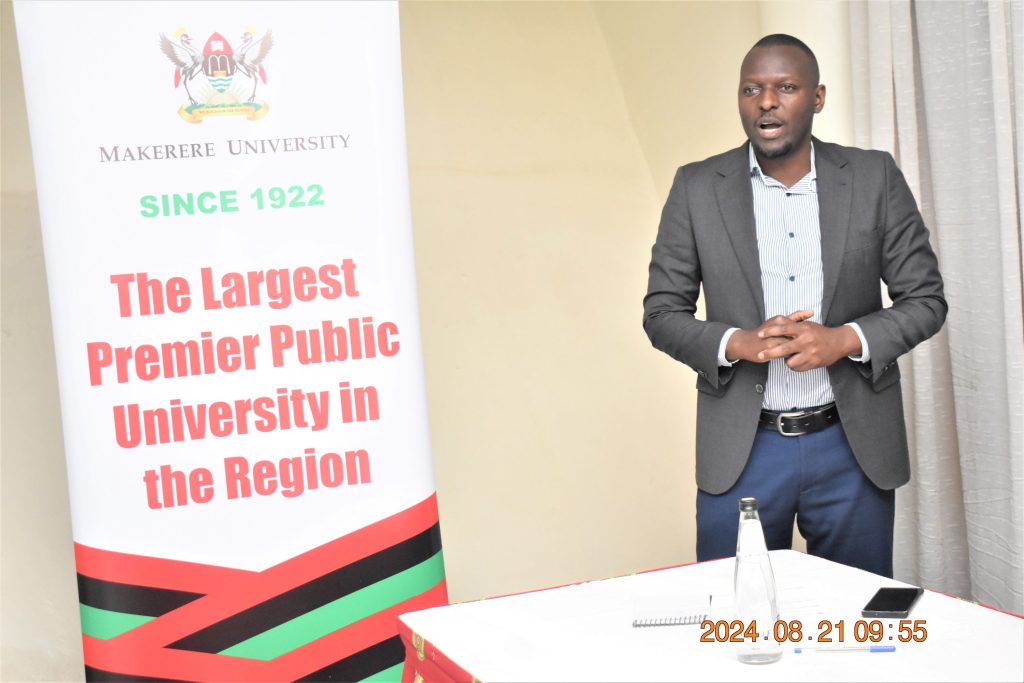
The dissemination workshop featured focused group discussions on measures to address the limitations to the use of poultry by-products in livestock feeds, harnessing synergies for business sustainability, effective marketing models for processed poultry by-products, and the policy issues that should be addressed before promoting the use of poultry by-products in livestock feeds. Participants emphasized the need to sensitize farmers on the importance of poultry by-products as alternative sources of fish feed, and called for teamwork, private partnerships, and investment in technologies that can support the process.
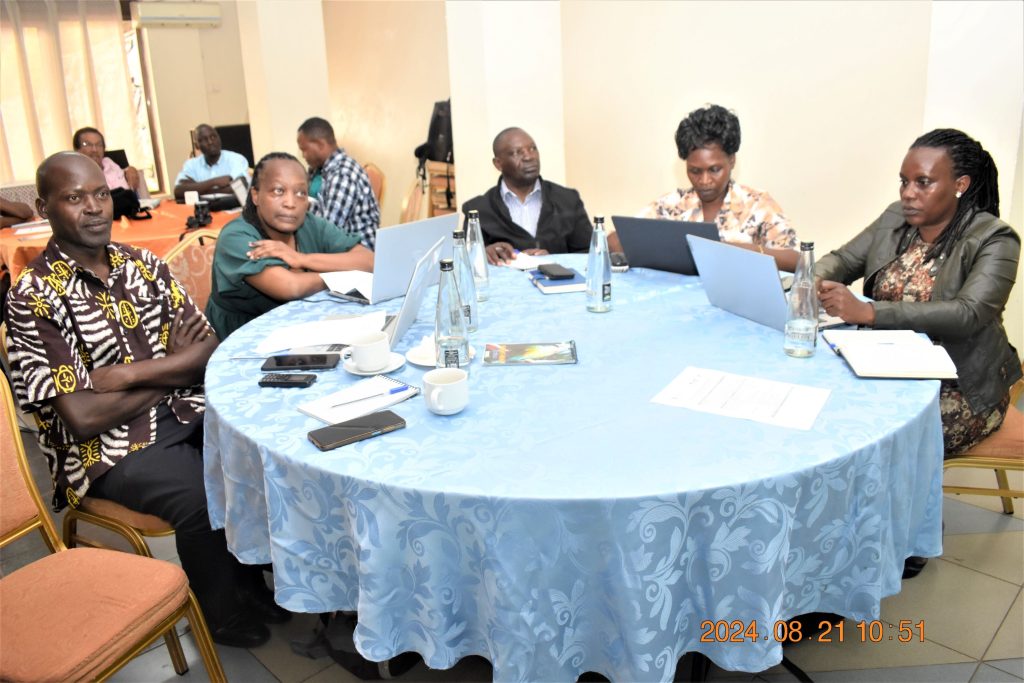
In his address, Mukono District Fisheries Officer, Mr. William Isebaiddu commended the research team for this noble initiative that would greatly enhance productivity in the fisheries sector, noting that many farmers were abandoning the business due to the high cost of feeds.
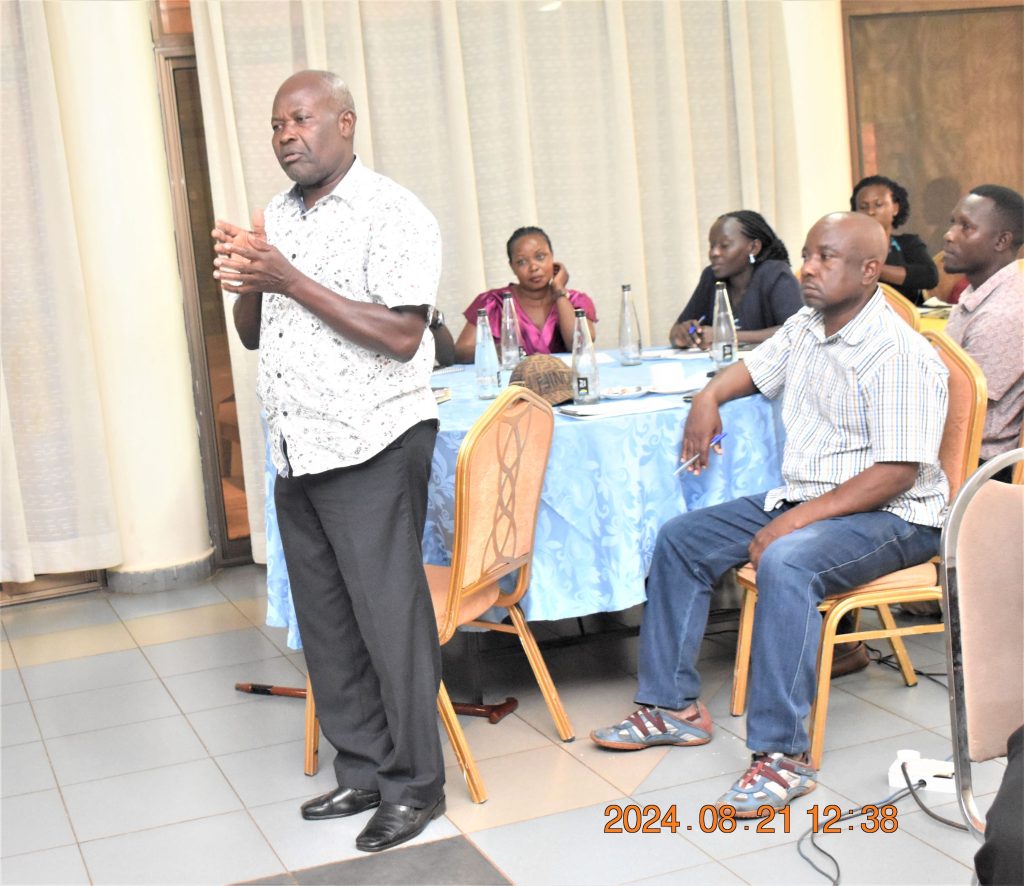
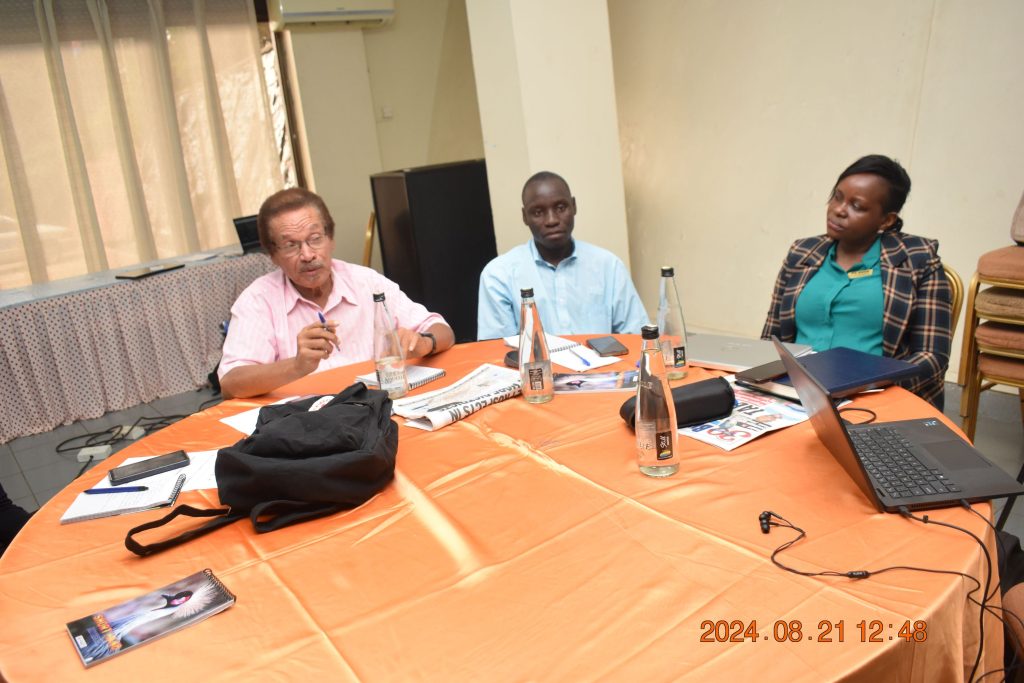
On behalf of Makerere University Directorate of Research and Graduate Training, the Coordinating Unit for Consolidating Early Career Academics Programme (CECAP), Mr. Ayub Kiranda highlighted the significance of the project in addressing one of the most pressing challenges in the fisheries sector. He appreciated the Carnegie Corporation of New York for the support extended to this and several other projects at Makerere.
